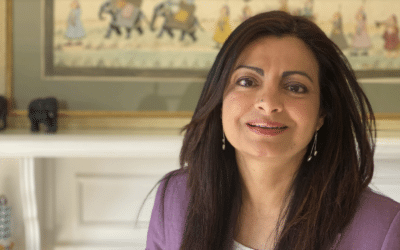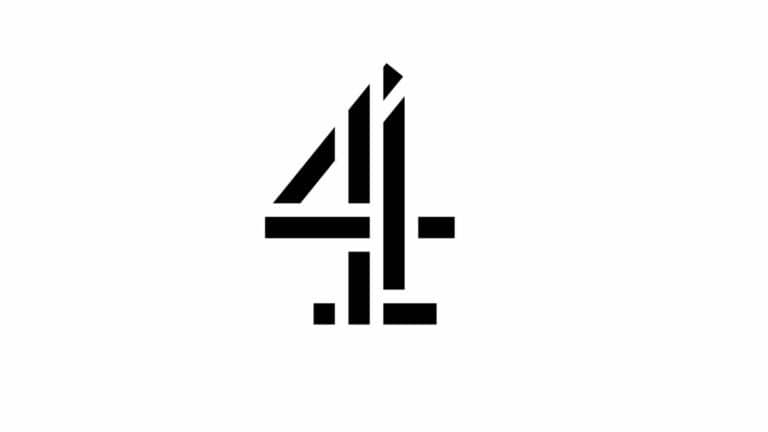Donelan even appears to go one step further, adding that she advises freeing the publicly owned broadcaster to make more of its own content, which it is currently not able to do due to requirements to outsource production to third parties, and accelerate the move of the channel’s staff out of London.
Donelan goes on to recommend that an official announcement is made “as soon as possible,” and that she expects the u-turn to be “popular” with a majority of MPs, particularly those who had expressed “concerns” over privatisation’s implications for public sector broadcasting and the wider economy. Presumably she did not have Nadine Dorries in mind at this point.
Manchester Central MP and shadow secretary of state for digital, culture, media and sport Lucy Powell was among the first MPs to respond to the news, accusing the government of “wasting everyone’s time” with its “vendetta” against the channel.
The BECTU union, which represents many working in the creative and broadcasting sectors, was also pleased with Donelan’s conclusions, describing them as a “huge win”.
The IPA, the trade body representing the advertising industry, was also supportive of the apparent plans to abandon provatisation. Its director general Paul Bainsfair said: “We very much welcome the Culture Secretary’s recommendation to drop Channel 4 privatisation. Her letter to the Prime Minister emphasises support and sustainability of the independent production sector which is absolutely correct. Channel 4 is a hugely successful advertising business delivering a large, unique audience profile through its PSB remit. It is well led, an innovator and with a market leading Broadcaster Video On Demand platform, it is well positioned for continued success.”
Channel 4 was created in 1982 to expand the UK’s broadcast environment, which at the time consisted solely of the two main BBC channels and ITV. It has operated since under a unique model whereby it is publicly owned, but self-funded through advertising.
Dorries introduced the privatisation plans during her brief stint as culture secretary from 2021-2022, despite the fact that she famously demonstrated a complete lack of understanding of the channel’s funding model at a November 2021 hearing of the Culture Select Committee when she incorrectly stated that “it is in receipt of public money”.
Dorries was also at the time involved in an ongoing spat with the broadcaster over her claims, denied by Channel 4 and never proved, that it had used actors in a fly-on-the-wall documentary, Tower Block of Commons, she had appeared in in 2010. The select committee ultimately described the claims as not “credible” and an attempt to “traduce the reputation of Channel 4”.
Supporters of privatisation claimed that selling it off would enable Channel 4 to better compete with global giants like Netflix. Opponents noted that Channel 4 was perhaps unique globally in its ability create award-winning content for diverse audiences, as would be expected of a publicly owned company, while also turning a profit.
The DCMS has so far not responded to the publication of Donelan’s letter, saying in a statement: “We do not comment on speculation. The DCMS secretary of state has been clear that we are looking again at the business case for the sale of Channel 4. We will announce more on our plans in due course.”











